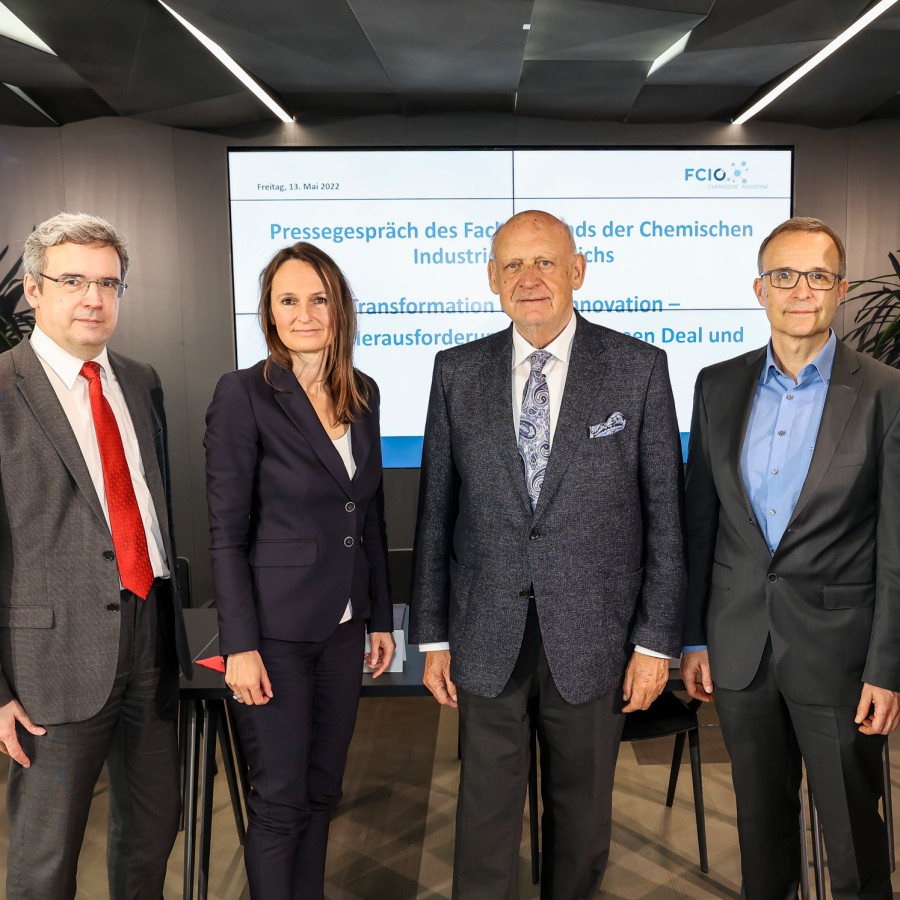On behalf of the Association of the Austrian Chemical Industry, WIFO surveyed companies manufacturing chemical products, pharmaceutical products and rubber and plastic goods. An input-output analysis of the WIFO model "DYNK" shows a value added in the Austrian economy of more than 13 billion € associated with the chemical industry. Respondents from more than 50 companies stated that most of them have already defined goals and plans to reduce the dependence on fossil fuels. Furthermore, global competitiveness of companies is only ensured if emission-intensive imports are avoided.
The companies' assessments of future procurement show an increasing demand for renewable raw materials in Austria as well as rising imports of safe and sustainable chemicals from other EU countries. An analysis of patent data regarding the industry's innovativeness shows a consistently high level like that in innovation-leading countries, with small leads in individual sectors. Most respondents are aware of the importance of digital processes and expect digitalisation to have a strong impact on their companies in the future.
Please find a recording of the study presentation here.
The press release is available here (in German).


